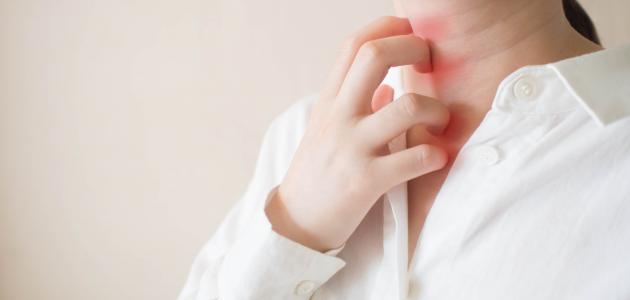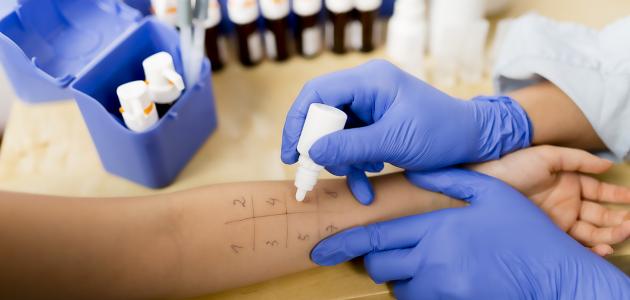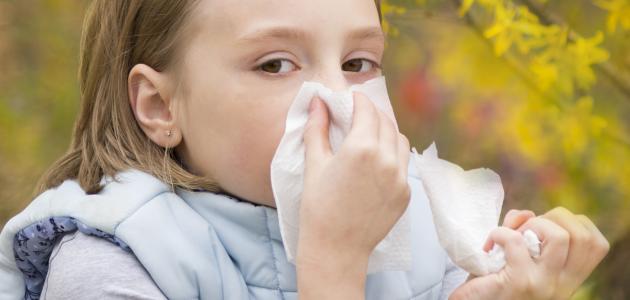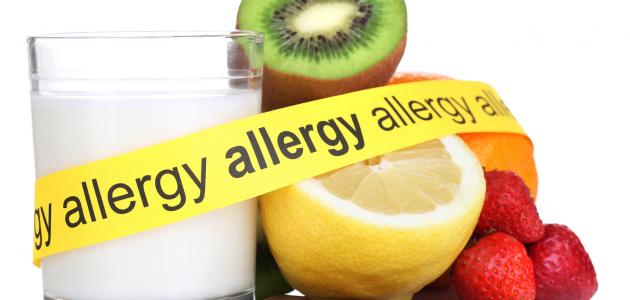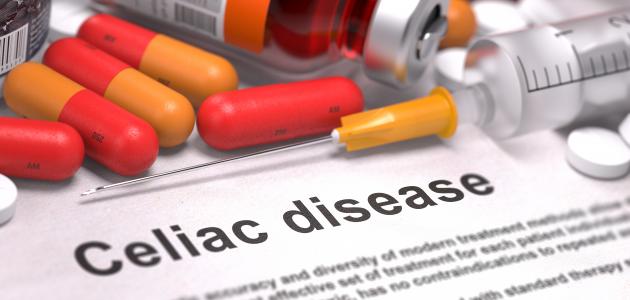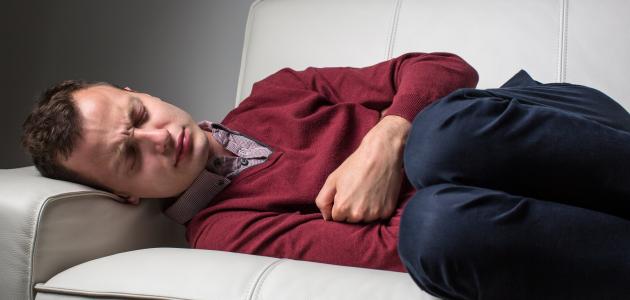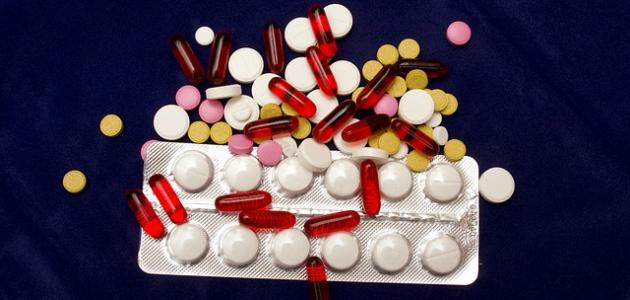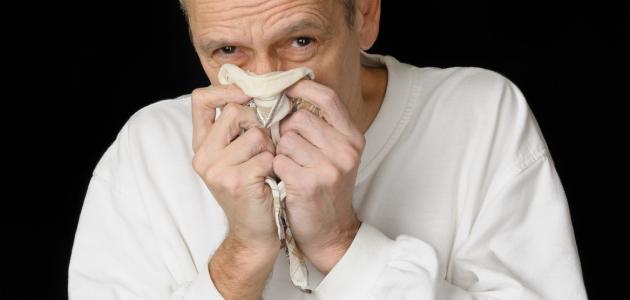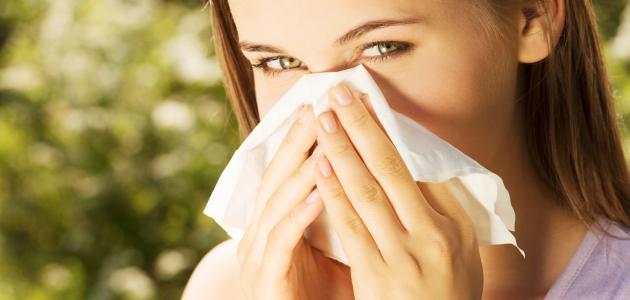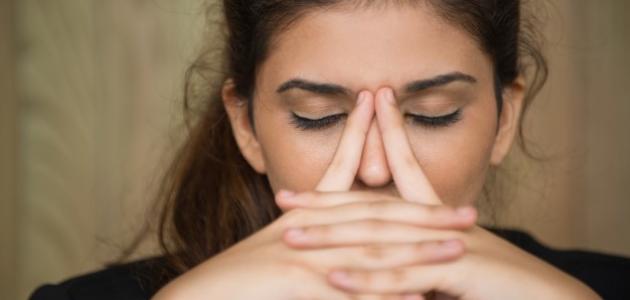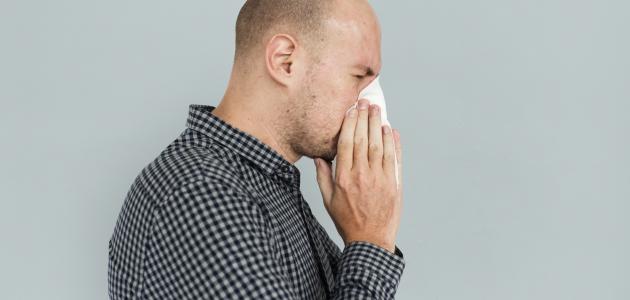Contents
Itchy skin
Itchy skin (Itchy skin or Pruritus), scratching, or itchingOr body itch, or itchy skin, or itchy skin, and many terms that describe one thing; All are terms that express the annoying feeling that is accompanied by an intense desire to scratch the skin, which may be confined to a specific site of the skin or may include all parts of the body, and the itching may be accompanied by pain, a rash , or the appearance of bumps on the surface of the skin, or redness or roughness of the skin, and in general the symptoms associated with itchy skin depend on the cause that led to the occurrence of the condition, and dry skin is one of the most important causes of itchy skin or perhaps an increase in itching worse, as dry skin is common among the elderly due to Because the skin becomes drier with age, and it should be noted that constant itching, especially for thick skin areas, may lead to bleedingOr exposure to infection, and it is worth mentioning the possibility of controlling and relieving itchy skin, and this can be achieved in many cases by following some instructions without medical interventions. [1] [2]
Tips for dealing with itchy skin
There are many tips that can be followed to deal with and relieve itchy skin and prevent the itch from getting worse and worse. The following is a statement of the most prominent of these tips: [3] [4]
- Avoid scratching the itchy area, and trimming the nails frequently to avoid itching or scratching the skin.
- Regular showering with cold water, which gives comfort to the body and skin for a short period, with the need to ensure that the duration of the shower does not exceed twenty minutes, and that the number of times of showering is not exaggerated, and it should be noted that the drying process must be gently and gently and using a clean towel to avoid attachment Skin damage and scratching.
- Avoid using soaps, shower gels, or any other foaming shower products, as they can dry out the skin , which can make itching worse.
- Petting, patting, or tapping the itchy site instead of scratching. [5]
- Wearing cotton gloves before going to sleep to avoid the damage that may occur if the skin is scratched during sleep. [5]
- Applying cold compresses over the affected area to cool it down, where a damp cotton towel can be used to achieve this goal. [5]
- Avoid consuming foods and drinks that may affect blood flow to the skin and thus make itching worse. Such as spicy foods, caffeinated beverages , and alcohol. [5]
- Avoid using perfumed soaps or deodorants, and they can be substituted for fragrance-free products. [4]
- Choose moisturizers of the skin of the type of hypoallergenic , and this means that this type of moisturizers are less likely to cause skin sensitivity than applied to the skin, and you can find out whether the product is of a hypoallergenic type or not by reading The label on the package, which stands out on the front of these refreshments; With an oily texture, including oily ointments, followed by creams and then solutions, or what is generally known as lotion, and when using moisturizers, it is recommended to apply them after washing or showering, which contributes to maintaining the moisture of the thighs, and the application of moisturizer on the skin is at a rate of 3-4 Times a day, and in cases of severe dry hands, petroleum jelly or what is commonly known as Vaseline can be used by applying it to the hands and wearing gloves lined with cotton, before going to sleep. [6]
- Wearing loose cotton clothes and avoiding wearing tight clothes, and it is advised to avoid clothes that irritate the skin, such as those made of wool or synthetic fabrics, and to use loose and comfortable bed linens and sheets made of cool, pleasant fabric, with the need to emphasize the need to use light washing powders when washing clothes, and linens The beds and their covers. [7]
- Knowing the factors, materials and situations that cause or worsen itching, in order to avoid them in order to reduce the damage that may result from this. [2]
- Reducing stress and stress, which may cause an exacerbation of the itch problem, and it is recommended to consult with specialists and to use meditation techniques, yoga, and behavior modification in reducing and relieving stress. [4]
- The use of a humidifier for home air, as it contributes to providing comfort and giving home air humidity that reaches its natural level if heating the house and heating the air cause it to lose it. [4]
Medicinal treatment of itchy skin
Knowing the cause of itchy skin and treating it is the essential step in treating itching, whether the cause is a skin condition or a specific disease that affected one of the body's systems, and during the time it takes to treat the cause, we must not lose sight of treating, controlling and reducing itching. [8]
General treatments
The doctor may recommend the use of medications or treatments that will overcome the itching and give a feeling of relief in the event that home solutions fail to control the itch and achieve the desired results despite following the recommended advice. These medicines and treatments include the following: [9]
- Creams or ointments that contain certain formulations; Among them are the following:
- Corticosteroids, which the doctor prescribes as in the event of persistent itching or redness of the skin, as the cream or ointment is applied to the affected area and it can be covered after that with a wet towel or cotton tissue, because moisture has a role in helping the skin absorb the drug and give it Cool refreshing sensation.
- Calcineurin inhibitors; Such as tacrolimus and pimecrolimus.
- Anesthetic topical; Such as capsaicin and doxepin.
- Oral medications, and examples of those medicines containing the composition of the anti - depression , known as selective serotonin reuptake inhibitors and Acronym (SSRIs); Such as Fluoxetine and Sertraline, which relieve some types of chronic itching.
- Light therapy , where they are exposing the affected skin itching for a particular type of light through multiple sessions including relieves itching.
Treating the triggers
As we mentioned earlier that the treatment plan depends mainly on treating the cause of the itch, and the following is a statement of the main causes and treatments for each of them: [10] [11]
- Dry skin: which can be overcome by using moisturizers.
- Certain skin disorders: specifically eczema , dermatitis, or urticaria (hives), where a dermatologist prescribes creams that contain corticosteroids, topical calcineurin inhibitors, or counter pills Antihistamines to help relieve itching.
- Allergies: , which can be treated with antihistamine pills, especially those containing Hydroxyzine, bearing in mind that some antihistamines cause drowsiness. Such as Cyproheptadine, Diphenhydramine, and Hydroxyzine, so you should avoid taking it during the day. Especially by the elderly, who are more likely to fall asleep, and these types can be replaced by antihistamines that cause drowsiness less. Such as loratadine, cetirizine and fexofenadine, but the latter causes headaches.Sometimes, it is indicated that some types that do not cause drowsiness may be ineffective in the elderly, so taking into account the selection of the most appropriate type for the person, and on the other hand, it is preferable to prescribe antihistamines that cause severe sleepiness if the itching is severe at bedtime. Like doxepin.
- Fungal: infection , such as Palm sports and football which can be treated using creams and shampoos anti-fungal, and in severe cases may prescribe oral medications, such as terbinafine .
- Insect bites , and the itching that accompanies it can be overcome by using topical antihistamines, and it is worth using insect repellant and covering the body with appropriate clothing to avoid infection with insect bites or stings.
- Itching caused by the use of certain drugs or treatments: Itching may occur as one of the side effects resulting from undergoing radiation therapy for cancer , or the use of aspirin , or some opioid analgesics , Or some of the medicines used to treat blood pressure, and in the event that itching occurs, the doctor should be asked whether the drugs are the cause of this or not, and whether this will be continuous or for a certain period, and how to continue treatment and overcome the itching at the same time, and it is worth consulting a dermatologist And follow his advice regarding skin and skin care. [12]
- Neurological problems: Neurological problems may be associated with exposure to injuries or suffering from certain diseases. Such as stroke , or shingles, or multiple sclerosis, where nerve damage causes skin itching in a specific location of the body, and this itching is usually not associated with a rash, The itching associated with nerve pain can be overcome by using certain medications prescribed by the doctor. Such as Gabapentin and Pregabalin. [12]
- Psychological problems: such as obsessive-compulsive disorder or severe depression, and in this case the itch is treated using medicines and methods that enable the itch to be controlled. Skin moisturizers, in addition to treating the main cause that led to the condition. The treatment plan may include both drug and non-drug treatments, and a description of the doctor's instructions should be followed. [13]
- Other systemic problems: Itching may be associated with kidney failure, liver problems, diabetes, or thyroid problems such as hyperactivity, and in this case the itching and other accompanying symptoms are treated by treating the main cause, and the treatment approach may differ depending on the person’s condition, and in a way. General It is necessary to follow the treatment plan recommended by the doctor. [14]
How long the itchy skin lasts
The skin discomfort resulting from itching ranges from mild irritation to a bad and worsening state, depending on the main cause that led to the itching, and about how long the itch lasts, it may be acute, i.e. for short periods, or chronic that lasts for more than six consecutive weeks, in addition to feeling The annoying itch causes, it may also affect a person's performance of his daily activities, and it may prevent him from getting a good night's sleep, which means that it negatively affects people's quality of life in general. When it comes to identifying and diagnosing the cause of itching, it is easy to diagnose an itch with visible symptoms such as the appearance of a rash., Swelling, redness, or any other signs of skin irritation, for example, itching accompanied by symptoms associated with exposure to insect or mosquito bites, which may cause the victim to scratch his skin, and swelling and redness may occur around the affected area, and itching that is not accompanied by physical or visible symptoms It is relatively difficult to diagnose, meaning that if a person suffers from the desire to scratch and scratch the skin without signs of exposure to bites, or when the rash appears, the doctor will conduct more comprehensive and accurate analyzes and examinations to find the main cause of itching. [15]
References
- ↑ "Itching" , Www.medlineplus.gov , Retrieved 3/24/2020. Edited.
- ^ A b "Itchy Skin (Pruritus)" , Www.drugs.com , Join Date : Dec 27, 2018, Retrieved 24/3/2020. Edited.
- ↑ "Itchy skin" , www.healthdirect.gov.au , September 2019, Retrieved 24/3/2020. Edited.
- ^ A b t w "Itchy Skin" , Www.nhs.uk , 4 July 2017, Retrieved 24/3/2020. Edited.
- ^ A b t w "ITCHING" , Www.nhsinform.scot , 14 February 2020, Retrieved 24/3/2020. Edited.
- ↑ "Pruritis" , www.familydoctor.org , January 15, 2020, Retrieved 24/3/2020. Edited.
- ↑ "Itching" , www.hse.ie , Retrieved 3/24/2020. Edited.
- ↑ Sanja Jelic, MD (November 18, 2019), "Understanding Pruritus" , www.verywellhealth.com , Retrieved 3/24/2020. Edited.
- ↑ "Itchy skin (pruritus)" , www.mayoclinic.org , Dec. 27, 2018, Retrieved 24/3/2020. Edited.
- ↑ University of Illinois (November 6, 2018), "Why is my skin itchy?" , Www.medicalnewstoday.com The , Retrieved 24/3/2020. Edited.
- ↑ Mercedes E. Gonzalez (Mar 2018), “Itching” , www.merckmanuals.com , Retrieved 3/24/2020. Edited.
- ^ A b "10 REASONS YOUR SKIN ITCHES UNCONTROLLABLY the AND HOW TO TO the GET RELIEF" , Www.aad.org , Retrieved 24/3/2020. Edited.
- ↑ “Problematic pruritus: Seeking a cure for psychogenic itch” , www.mdedge.com , Retrieved April 25 , 2020 . Edited.
- ↑ "Pruritus in certain internal diseases" , www.ncbi.nlm.nih.gov , Retrieved 25-04-2020. Edited.
- ↑ Dr. Robert J. Signore, DO (October 14, 2019), “What Causes Itchy Skin (Pruritus) and How to Treat It” , www.emedihealth.com , Retrieved 24/3/2020. Edited.
